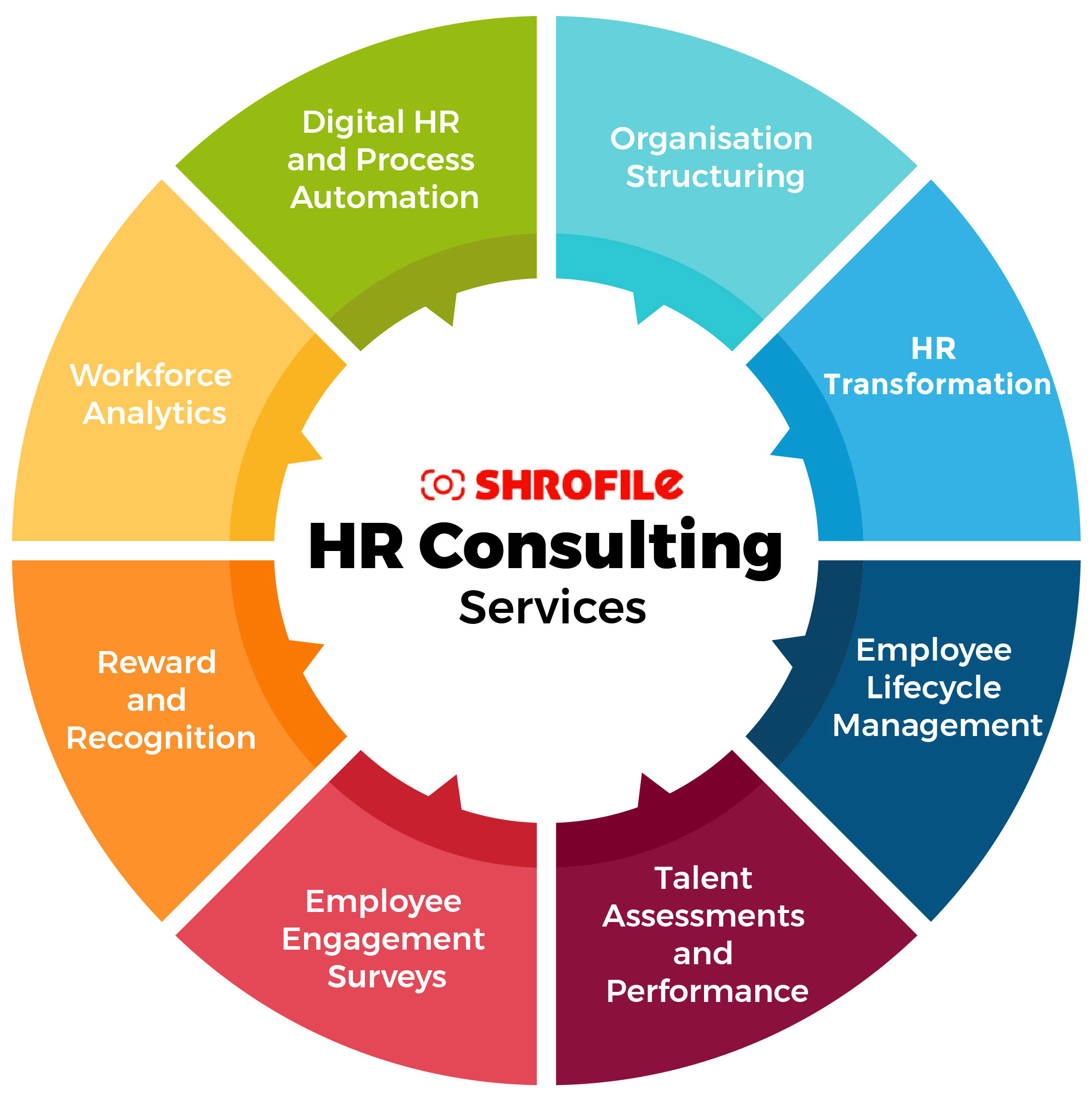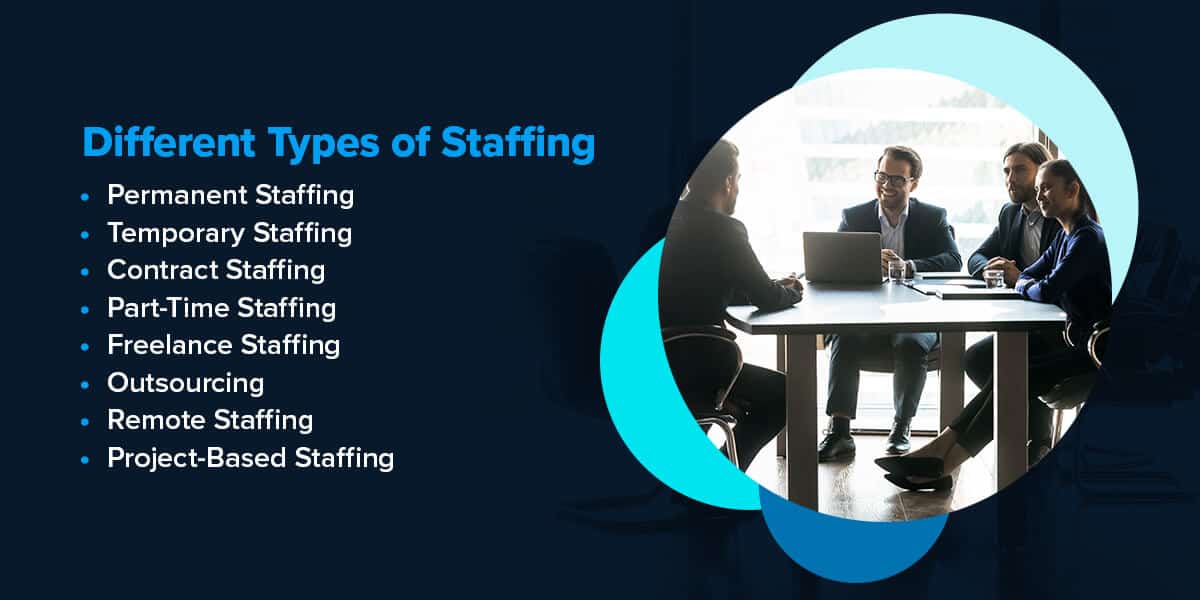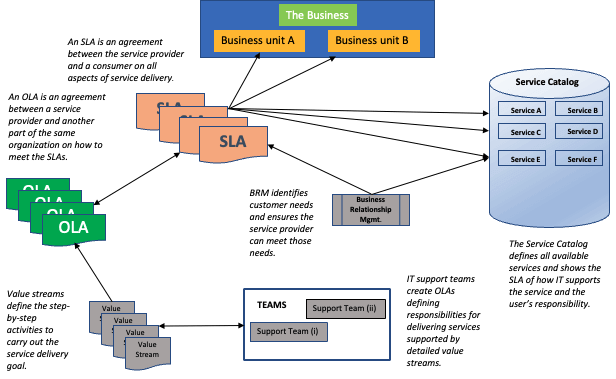Outsourcing Compliance: what you Need To Know – SMS
One of the most substantial service patterns over the last years has been to outsource functions that are not core service activities. Cutting expenses and gaining knowledge are the 2 most widespread motivations for outsourcing. This pattern has actually long because reached business compliance programs. Many concerns surround this practice in the compliance arena.
Why Outsource Compliance?
The first question is: why should a company engage an outdoors expert to assist in running the compliance program? The reality is that many compliance workplace jobs are consistently outsourced to suppliers to allow the compliance workplace to concentrate on the program’s core components. Hotlines, sanction screening services, and training programs are typically outsourced functions.
In many cases, a compliance officer’s departure develops the requirement for support until the organization can employ a replacement. In others, an existing compliance program needs to manage added obligations, such as compliance management or HIPAA privacy/security officer assistance.
When Should You Outsource Compliance?
Organizations choose to hire compliance specialists after identifying weaknesses or gaps in their operations, such as jobs in compliance, personal privacy or gatekeeper roles. Many times, federal government examination drives the decision to bring in experts. Corporate Integrity Agreements mandate that a company vouches for having a fully working and effective compliance program.
Managed Care statutes require maintaining a reliable compliance program and alerting CMS when a compliance officer job occurs. And under the Affordable Care Act, CMS is needed to establish mandated compliance program requirements. Once these requirements are in result, many will look for skilled help to fulfill them.
Where Can You Find Compliance Outsourcing Services?
Where can organizations discover needed compliance knowledge? The most convenient starting point is examining the internet to find professional journal short articles on the subject. This can supply extra insight and recognize professionals on the subject. A search can likewise recognize firms that might supply the needed services.

Who Should You Outsource Compliance To?
Who are some specialists that can fill gaps or supplement compliance programs, and have likewise built, examined, and managed effective compliance programs? They are people with hands-on experience in numerous scenarios and settings that make them experts.

The following are examples of experts with substantial compliance program consulting experience, who have functioned as compliance officers in numerous functions:

Cornelia Dorfschmid, PhD, who has over 20 years of health care seeking advice from experience and has acted as designated/interim compliance officer for healthcare facility systems and doctor practices on several occasions.
Steve Forman, CPA, with 12 years as a health care consultant, 10 years as VP for Audit/Compliance at a medical facility system, and has served as interim/designated compliance officer several times.
Suzanne Castaldo, JD, CHC, an experienced consultant who has actually functioned as interim/designated compliance officer several times.

How Can You Best Outsource Compliance?
How can companies use compliance experts to its best benefit? Using certified experts has many advantages, however the type in hiring them is to bring a maximum return of benefit for the expense by guaranteeing included value. In addition to daily management, consider including some of the following:

1. Examine the program to verify strengths and identify chances for enhancement;
2. Conduct an independent assessment of the program for senior management and board;
3. Review the Code of Conduct and other written guidance;
4. Evaluate the quality and efficiency of compliance training;
5. Assess high-risk locations that require attention;
6. Assess resources needed to successfully run the compliance program;
7. Use specialists to determine and develop metrics evidencing compliance program effectiveness;
8. Use professionals to help in recognizing and evaluating prospects for the irreversible compliance officer position; and
9. Provide a “roadway map” for incoming compliance officers to follow.
What Level of Effort Should You Put Into Outsourcing Compliance?
What level of effort do organizations need to utilize compliance specialists in compliance programs? Even for relatively big companies, a real compliance professional can hold the program together for numerous months without having to be on-site full-time. Most companies can run compliance programs effectively through using an expert for 50-80 hours each month for approximately 6 months up until having a long-term compliance officer in location ends up being vital.

Smaller organizations and a lot of physician practices will require specialists for only half the time. Due to advances in technology, not all hours need to be on-site. However, the secret is to have the professional on-call to deal with any emergent problems. Notably, the OIG has accepted that for smaller sized organizations, engaging a certified specialist as the Designated Compliance Officer may make more sense. The OIG cites many factors for a company to consider utilizing an outside expert instead of a W-2 full-time staff member.
About the Author
Richard P. Kusserow developed Strategic Management Services, LLC, after retiring from being the DHHS Inspector General, and has assisted over 3,000 health care organizations and entities in establishing, executing and examining compliance programs.


